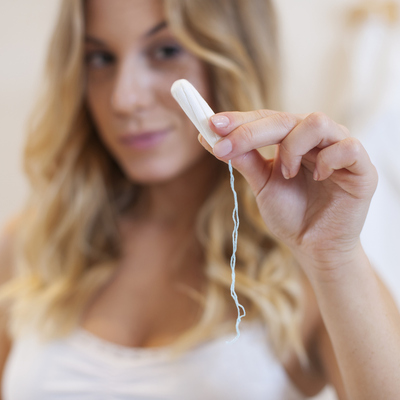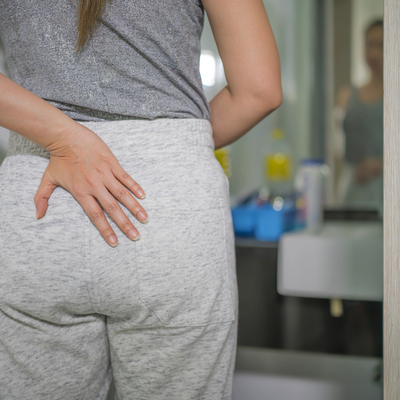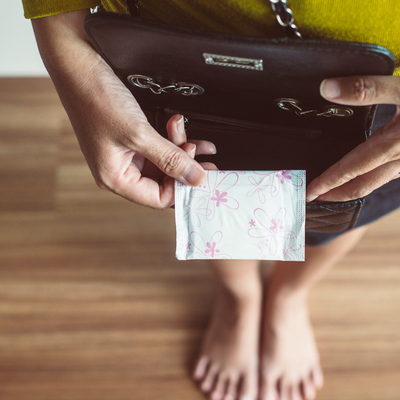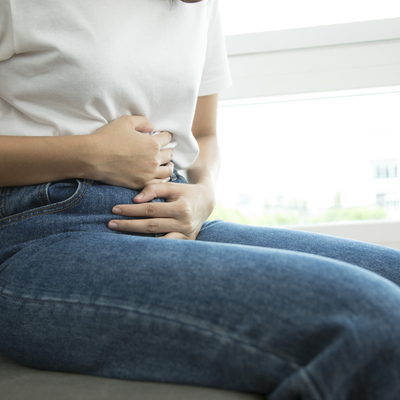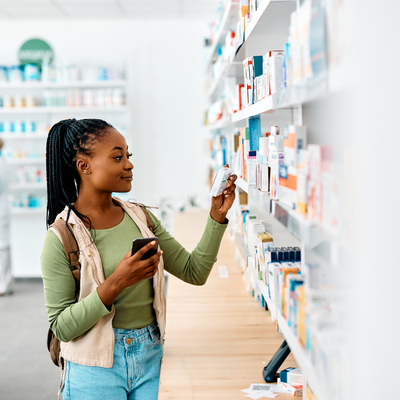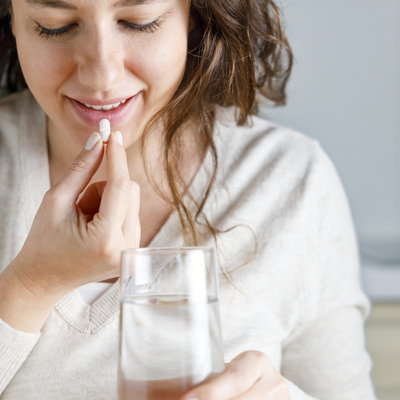How Long Is Too Long To Keep a Tampon In?
Whether you’ve Googled this late at night or texted a friend in a panic, we’ve all tried to find the quick and easy answer to this question at one point or another. The short answer: 8 hours. Why? Because after 8 hours, your risk of infection increases. To err on the side of caution, however, the Food and Drug Administration (FDA) recommends you change your tampon every 4-6 hours. What happens if you leave a tampon in for too long? Just as we’ve all wondered about how long we can keep a tampon in, we’ve also...
Butt Cramps During Your Period? What You Need To Know.
Let’s say it a few times together and get it out of the way: Butt cramps. Butt cramps. Butt cramps! Whew. Okay. We all know that menstrual cramps are an expected (if unpleasant) part of having a period. As many as 80% of women experience period cramps in their lifetime, with 5-10% of women experiencing cramps so painful that it disrupts their ability to go to work or school. Although cramps feel different to everyone and can range in severity, most people experience dull, throbbing cramps in their lower abdomen during their luteal phase, just before...
From Teas to Heating Pads, 8 Tips for Relief From Period Cramps
There are two, well maybe three things, that are certain in this life — death, taxes, and periods… at least for women. For many individuals, not only do they experience heavy bleeding during this time, but also intense period cramps. “Period cramps are caused by chemicals called prostaglandins that are released by the uterus,” says Dr. Jessica Ryniec, double board-certified OB/GYN and fertility specialist. “Prostaglandins are released when the lining is shed during menses and they make the uterus contract, reducing blood flow to the uterus, causing pain." Tips and tricks for relieving period cramps at...
Period Pain: Does Sex Offer Relief?
As a many-year-menstruator, you may have a period routine down: Start the week feeling moody, bloated, and crampy. Grab your period kit full of natural pain relievers — a heating pad, magnesium, and CBD suppositories. Then, shoot your partner a glare from across the room that says, “DON’T COME NEAR ME.” The minute they see the period kit, your partner knows to keep their hands to themself… but what if I told you a little physical interaction might actually make your period better? In this article, we share how period sex helps relieve cramps and boost...
If you’re like me (read: a millennial who grew up primarily in the ‘90s), you can probably relate to the confusing, overwhelming, and flat-out embarrassing experience of puberty. It was all just so hush-hush and isolating, to the point that it all felt really shameful. I would have benefitted so much from a more open culture around the realities of puberty, from the changes in the way my body began to look, to the incredibly scary experience of starting periods. There was definitely a culture of shame and stigma firmly in place when I was growing...
How To Cope With Heavy Periods at Work
For some women, their period is the most dreaded time of the month — filled with menstrual cramps, migraines, and heavy bleeding that hinders their daily activities. Having a heavy flow can be especially hard when you are at work. You might experience anxiety about potential leaking or maybe even embarrassment that you are not feeling yourself or working up to your typical standard. Don’t worry, though. There is nothing to be ashamed of. We’re here to listen, support, and acknowledge what you’re going through. We’ve also come up with some ways to help you better...
If you've ever experienced period cramps or pelvic pain, you know it's no walk in the park. But what if I told you there's a new player in town, ready to change the game in pelvic pain management? Enter CBD suppositories, a revolutionary approach to managing pain that might just make you rethink your go-to remedies during that time of the month. What's the deal with CBD? CBD, or cannabidiol, is a compound found in cannabis plants. Unlike its cousin THC, CBD won't make you feel impaired. Instead, it's all about helping your body find balance...
How To Calculate Ovulation for Irregular Periods
Dealing with irregular periods can be frustrating, especially when you’re trying to expand your family. The typical methods for calculating ovulation may be less precise when dealing with an unpredictable cycle. However, you can still use them to gain a rough estimate of when you might be ovulating. We’re here to help guide you through the mysteries of your monthly cycle and provide some helpful tips on identifying that elusive fertile window. The role of ovulation in conception Making a baby is like a science experiment. The right ingredients must align precisely at the right moment,...
Yeast Infection Before Period: How To Treat and Prevent
Yeast infections. They’re so common, yet they’re such a (literal) pain. While most healthy vaginas have yeast, an infection can occur when too much of a particular type of yeast — known as Candida — grows in the vaginal area. About 75% of all women are likely to have at least one yeast infection in their lifetime, with up to 45% experiencing two or more. Yeast infections are also the second-most common type of vaginal infections (after bacterial vaginal infections). Symptoms can include vaginal itching or soreness, pain during sexual intercourse, pain or discomfort while urinating, and thick, white vaginal...
Does Taking Iron Affect Your Menstrual Cycle?
When you consider taking a new supplement or medication, it's important to weigh the benefits with the potential side effects. Iron pills are infamous for causing unpleasant side effects such as constipation and general stomach upset. And, when a nutrient is intended to affect your blood health, you may also wonder how it could impact your menstrual cycle. Often, people with heavy menstrual cycles will be directed towards iron pills, and this can bring up some important questions: Why do I need to take iron? Can it reduce the heavy bleeding? Is it possible to get...

